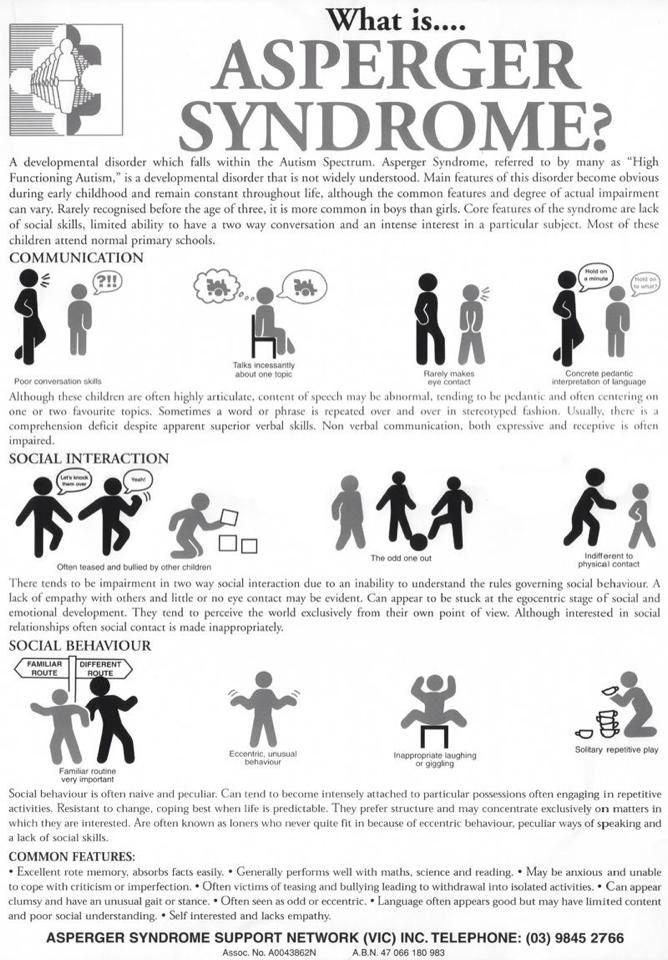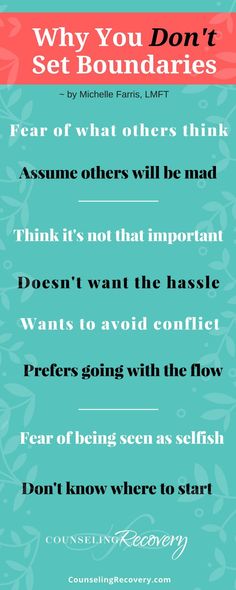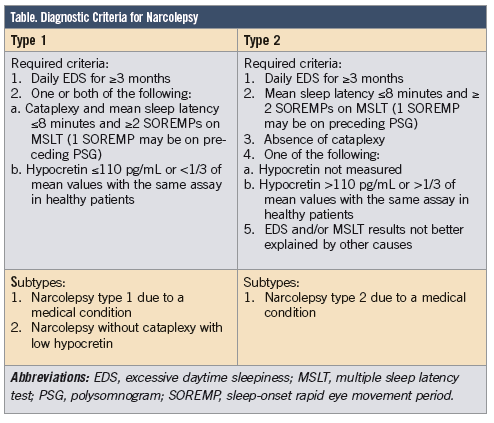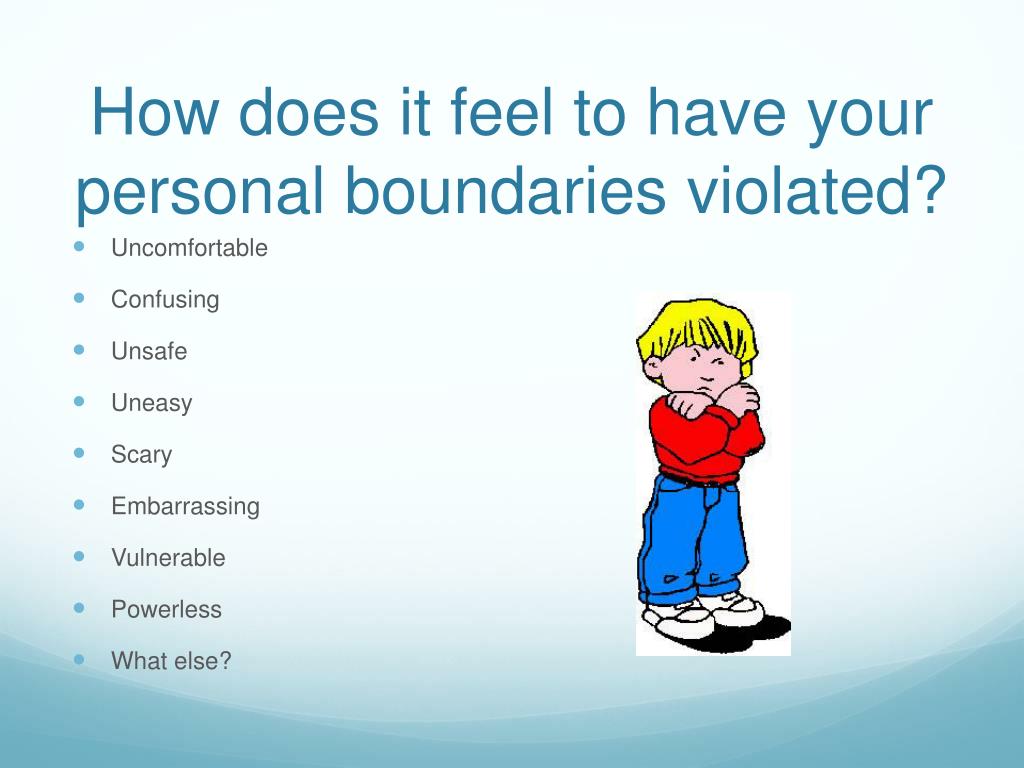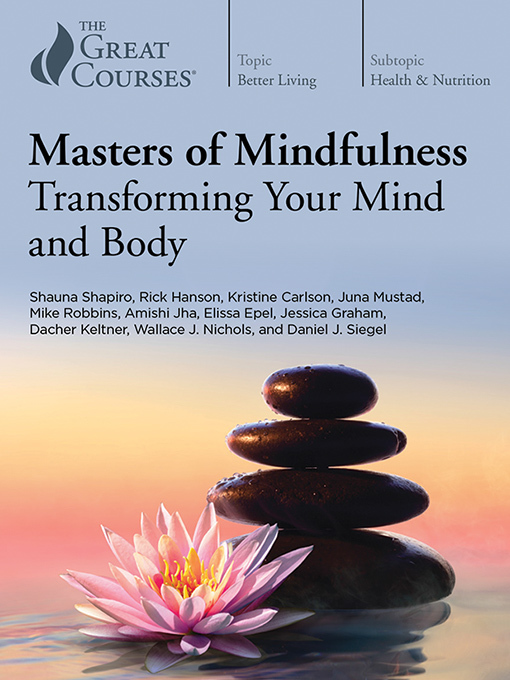Checking for autism
Screening and Diagnosis of Autism Spectrum Disorder
Diagnosing autism spectrum disorder (ASD) can be difficult because there is no medical test, like a blood test, to diagnose the disorder. Doctors look at the child’s developmental history and behavior to make a diagnosis.
ASD can sometimes be detected at 18 months of age or younger. By age 2, a diagnosis by an experienced professional can be considered reliable [1]. However, many children do not receive a final diagnosis until much older. Some people are not diagnosed until they are adolescents or adults. This delay means that people with ASD might not get the early help they need.
Diagnosing children with ASD as early as possible is important to make sure children receive the services and supports they need to reach their full potential [2]. There are several steps in this process.
Developmental Monitoring
Developmental monitoring is an active, ongoing process of watching a child grow and encouraging conversations between parents and providers about a child’s skills and abilities. Developmental monitoring involves observing how your child grows and whether your child meets the typical developmental milestones, or skills that most children reach by a certain age, in playing, learning, speaking, behaving, and moving.
Parents, grandparents, early childhood education providers, and other caregivers can participate in developmental monitoring. CDC’s Learn the Signs. Act Early. program has developed free materials, including CDC’s Milestone Tracker app, to help parents and providers work together to monitor your child’s development and know when there might be a concern and if more screening is needed. You can use a brief checklist of milestones to see how your child is developing. If you notice that your child is not meeting milestones, talk with your doctor or nurse about your concerns and ask about developmental screening. Learn more about CDC Milestone Tracker app, milestone checklists, and other parent materials.
When you take your child to a well visit, your doctor or nurse will also do developmental monitoring.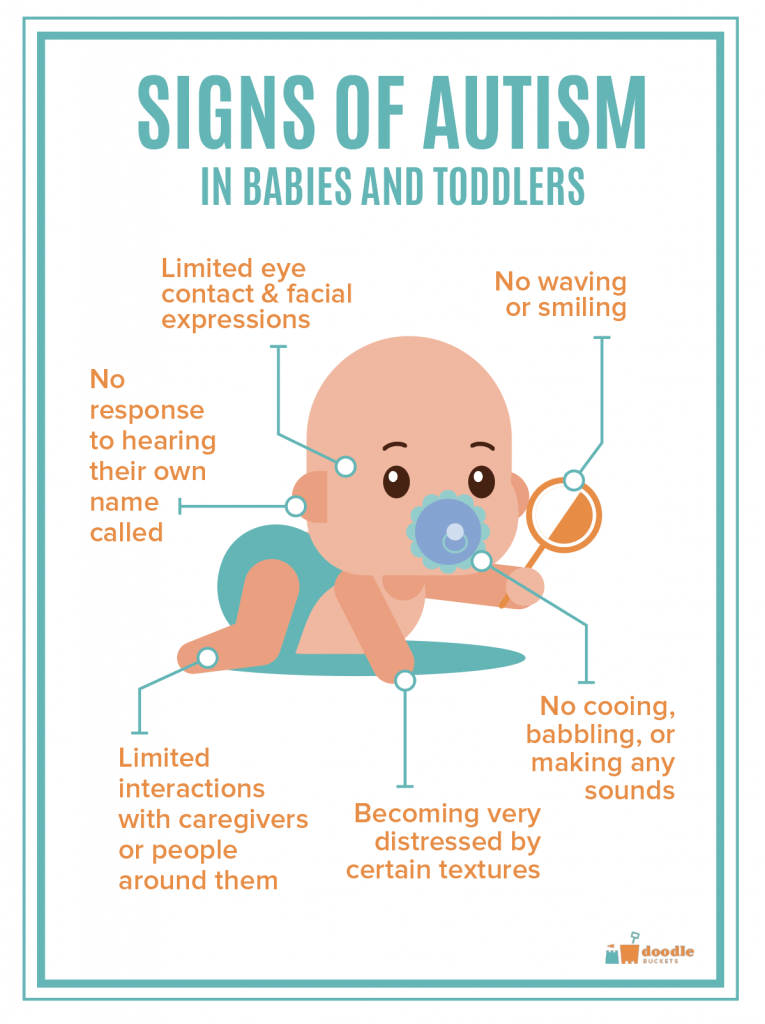 The doctor or nurse might ask you questions about your child’s development or will talk and play with your child to see if they are developing and meeting milestones.
The doctor or nurse might ask you questions about your child’s development or will talk and play with your child to see if they are developing and meeting milestones.
Your doctor or nurse may also ask about your child’s family history. Be sure to let your doctor or nurse know about any conditions that your child’s family members have, including ASD, learning disorders, intellectual disability, or attention deficit/hyperactivity disorder (ADHD).
Developmental Screening
Developmental screening takes a closer look at how your child is developing.
Developmental screening is more formal than developmental monitoring. It is a regular part of some well-child visits even if there is not a known concern.
The American Academy of Pediatrics (AAP) recommends developmental and behavioral screening for all children during regular well-child visits at these ages:
- 9 months
- 18 months
- 30 months
In addition, AAP recommends that all children be screened specifically for ASD during regular well-child visits at these ages:
- 18 months
- 24 months
Screening questionnaires and checklists are based on research that compares your child to other children of the same age.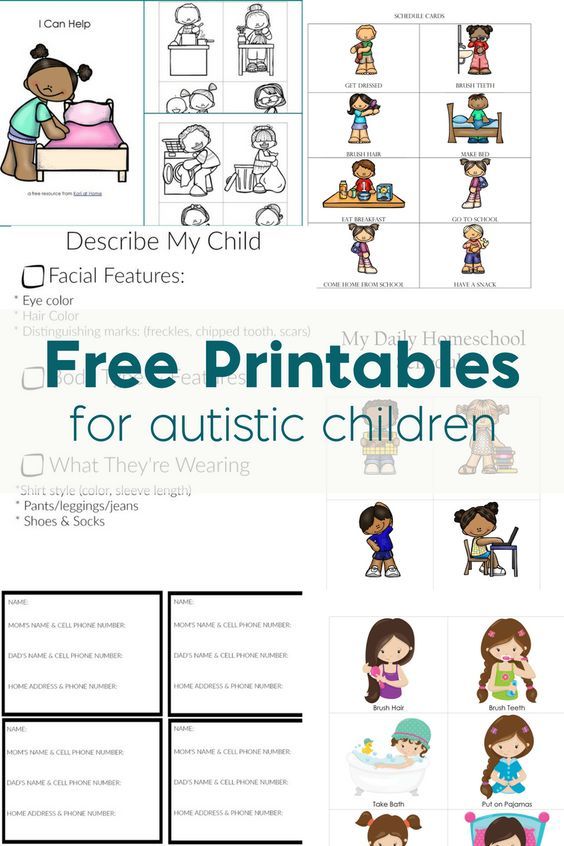 Questions may ask about language, movement, and thinking skills, as a well as behaviors and emotions. Developmental screening can be done by a doctor or nurse, or other professionals in healthcare, community, or school settings. Your doctor may ask you to complete a questionnaire as part of the screening process. Screening at times other than the recommended ages should be done if you or your doctor have a concern. Additional screening should also be done if a child is at high risk for ASD (for example, having a sibling or other family member with ASD) or if behaviors sometimes associated with ASD are present. If your child’s healthcare provider does not periodically check your child with a developmental screening test, you can ask that it be done.
Questions may ask about language, movement, and thinking skills, as a well as behaviors and emotions. Developmental screening can be done by a doctor or nurse, or other professionals in healthcare, community, or school settings. Your doctor may ask you to complete a questionnaire as part of the screening process. Screening at times other than the recommended ages should be done if you or your doctor have a concern. Additional screening should also be done if a child is at high risk for ASD (for example, having a sibling or other family member with ASD) or if behaviors sometimes associated with ASD are present. If your child’s healthcare provider does not periodically check your child with a developmental screening test, you can ask that it be done.
View and print a fact sheet on developmental monitoring and screening pdf icon[657 KB, 2 Pages, Print Only]
Developmental Diagnosis
A brief test using a screening tool does not provide a diagnosis, but it can indicate whether a child is on the right development track or if a specialist should take a closer look.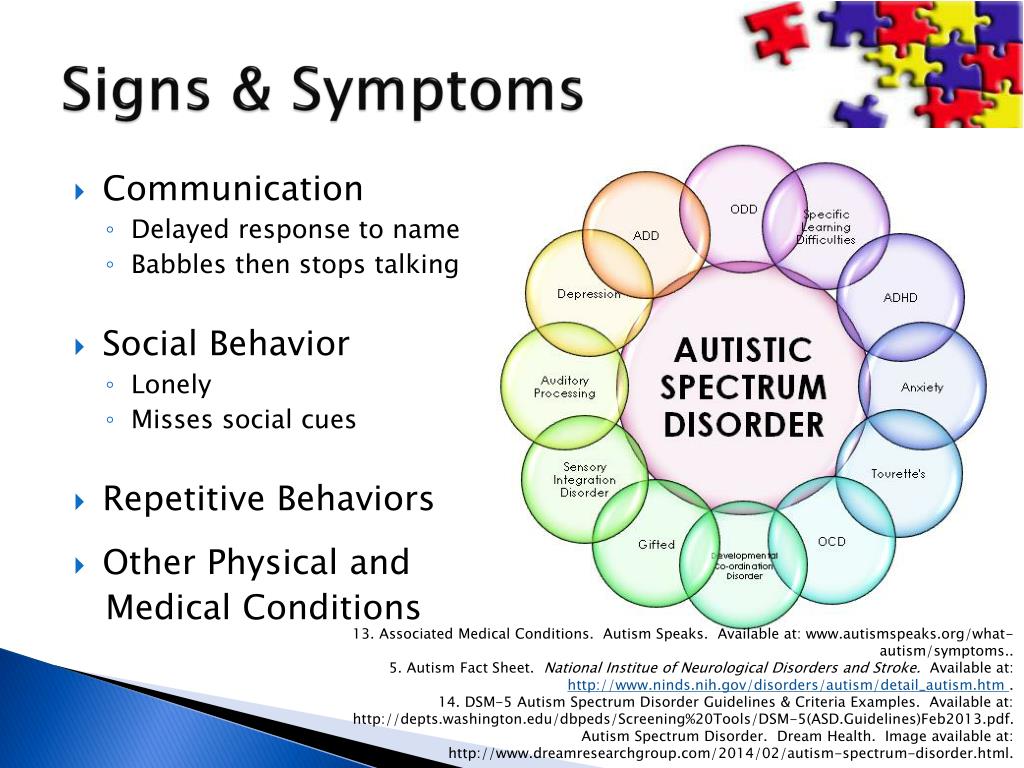 If the screening tool identifies an area of concern, a formal developmental evaluation may be needed. This formal evaluation is a more in-depth look at a child’s development and is usually done by a trained specialist such as a developmental pediatrician, child psychologist, speech-language pathologist, occupational therapist, or other specialist. The specialist may observe the child give the child a structured test, ask the parents or caregivers questions, or ask them to fill out questionnaires. The results of this formal evaluation highlight your child’s strengths and challenges and can inform whether they meet criteria for a developmental diagnosis.
If the screening tool identifies an area of concern, a formal developmental evaluation may be needed. This formal evaluation is a more in-depth look at a child’s development and is usually done by a trained specialist such as a developmental pediatrician, child psychologist, speech-language pathologist, occupational therapist, or other specialist. The specialist may observe the child give the child a structured test, ask the parents or caregivers questions, or ask them to fill out questionnaires. The results of this formal evaluation highlight your child’s strengths and challenges and can inform whether they meet criteria for a developmental diagnosis.
A diagnosis of ASD now includes several conditions that used to be diagnosed separately; autistic disorder, pervasive developmental disorder not otherwise specified (PDD-NOS), and Asperger syndrome. Your doctor or other healthcare provider can help you understand and navigate the diagnostic process.
The results of a formal developmental evaluation can also inform whether your child needs early intervention services. In some cases, the specialist might recommend genetic counseling and testing for your child.
In some cases, the specialist might recommend genetic counseling and testing for your child.
References
- Lord C, Risi S, DiLavore PS, Shulman C, Thurm A, Pickles A. Autism from 2 to 9 years of age. Arch Gen Psychiatry. 2006 Jun;63(6):694-701.
- Hyman SL, Levey SE, Myers SM, Council on Children with Disabilities, Section on Developmental and Behavioral Pediatrics. Identification, Evaluation, and Management of Children With Autism Spectrum Disorder. Pediatrics. 2020 Jan;145(1).
How Doctors Test For Autism
Written by WebMD Editorial Contributors
- Well-Child Visits
- Other Tests
- Related Articles
Early diagnosis can make a huge difference in the lives of children with autism spectrum disorder (ASD) and their families.
But it’s not always easy to make an ASD diagnosis. There’s no lab test for it, so doctors rely on observing the behaviors of very young children and listening to the concerns of their parents.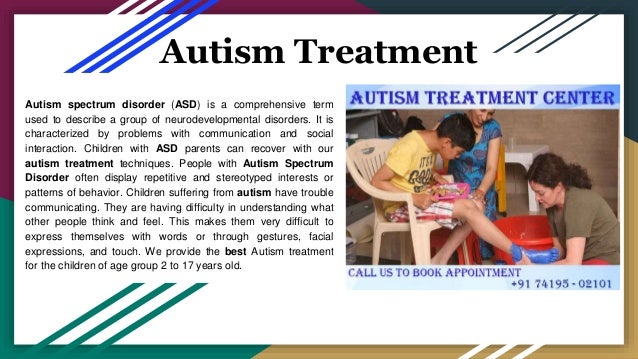
ASD has a very wide range of symptoms. Some people who are “on the spectrum” have severe mental disabilities. Others are highly intelligent and able to live independently.
Wherever your child falls on the spectrum, getting an autism diagnosis is a two-stage process, and it starts with your pediatrician.
Well-Child Visits
Pediatricians are the first step in the autism diagnosis process. Every child gets an assessment at their 18- and 24-month checkups to make sure they’re on track, even if they don’t seem to have any symptoms.
At these visits, your child’s pediatrician will watch them and talk to them. They’ll ask you questions about family history (whether anyone in the family is on the spectrum), and about your child’s development and behavior.
Here are some milestones your doctor will be looking for:
- Did your baby smile by 6 months?
- Did they mimic sounds and facial expressions by 9 months?
- Were they babbling and cooing by 12 months?
Also, they’ll ask about these things:
- Are any of their behaviors unusual or repetitive?
- Do they have trouble making eye contact?
- Do they interact with people and share experiences?
- Do they respond when someone tries to get their attention?
- Is their tone of voice “flat”?
- Do they understand other people’s actions?
- Are they sensitive to light, noise, or temperature?
- Any problems with sleep or digestion?
- Do they tend to get annoyed or angry?
Your responses are very important in your child’s screening.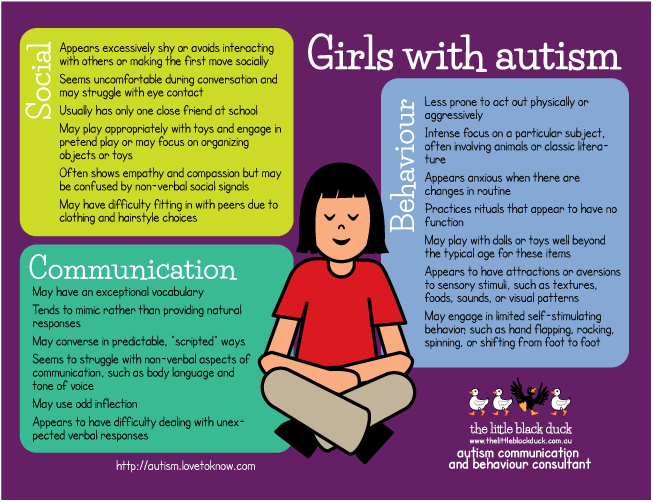 If everything checks out and you have no concerns, that’s the end of it. But if your child shows developmental problems or your doctor has concerns, they will refer you to a specialist for more tests.
If everything checks out and you have no concerns, that’s the end of it. But if your child shows developmental problems or your doctor has concerns, they will refer you to a specialist for more tests.
Other Tests
If your child needs more tests, your next appointment probably will be with a team of ASD specialists -- child psychologist, speech-language pathologist, and occupational therapist. You may also meet with a developmental pediatrician and a neurologist.
This evaluation is usually to check things like your child’s cognitive level, language abilities, and other life skills like eating, dressing themselves, and going to the bathroom.
For an official diagnosis, your child must meet the standards of the Diagnostic and Statistical Manual of Mental Disorders (DSM-5), published by the American Psychiatric Association.
Your child must have problems with two categories to fall on the autism spectrum.
- Challenges with communication and social interaction.
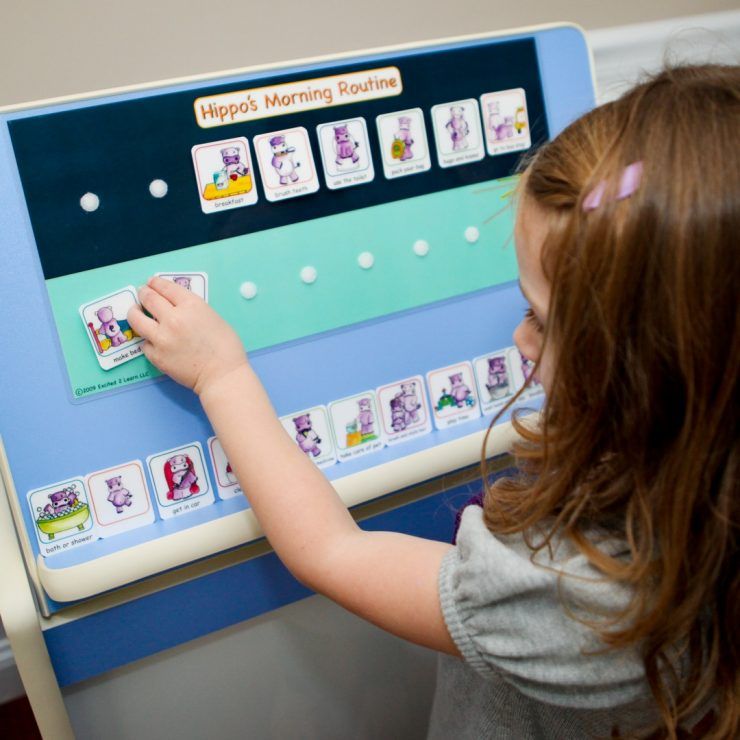 For kids with ASD, it’s hard to “connect” with or predict the reactions of other people, read social cues, make eye contact, or have a conversation. They might not begin to speak as early as other children do. They might also have a hard time with the muscle skills needed for things like playing sports or drawing and writing.
For kids with ASD, it’s hard to “connect” with or predict the reactions of other people, read social cues, make eye contact, or have a conversation. They might not begin to speak as early as other children do. They might also have a hard time with the muscle skills needed for things like playing sports or drawing and writing.
- Restricted and repetitive patterns of behavior. Children with ASD might rock their bodies, repeat phrases, or become upset with changes in their routines. They’re often deeply interested in one subject. They also have sensory issues.
If your child shows potential symptoms of ASD, their doctor may monitor their development with a new device that uses data and artificial intelligence to help diagnose ASD. The Cognoa ASD Diagnosis Aid is a machine learning–based software that follows children between the ages of 18 months and 5 years and helps evaluate and identify any developmental issues. Early diagnose and intervention can be key to helping develop skills that will help your child.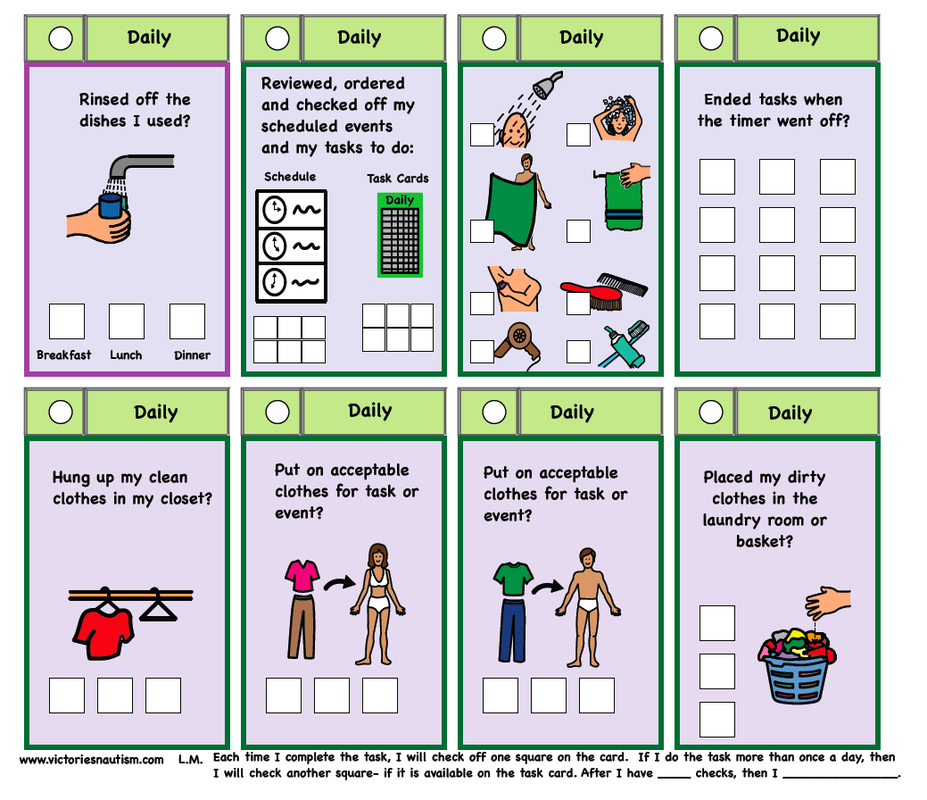
Your child’s doctors also might recommend genetic testing to rule out any other conditions that could cause these symptoms.
A diagnostic test that allows you to independently track the dynamics of a child's development - NGO of assistance to children with ASD "Contact"
ATEC Autism Test to assess progress and identify problems
TheAutism Test, ATEK, is used to assess progress in children with autism. Scoring is automatic.
I. Speech/Language/Communication Skills
| 1. Knows own name: YesSometimesNo | 2. Responds to 'no' or 'stop': YesSometimesNo |
| 3. Can execute some commands: YesSometimesNo | 4. Can say one word: YesSometimesNo |
| 5. Can say 2 words in a row: YesSometimesNo | 6. Can say 3 words in a row: YesSometimesNo |
| 7. Knows 10 or more words: YesSometimesNo | 8. Uses sentences of 4 or more words in speech: YesSometimesNo
Uses sentences of 4 or more words in speech: YesSometimesNo |
| 9. Explains what he/she wants: YesSometimesNo | 10. Asks meaningful questions: YesSometimesNo |
| 11. Speech is most often meaningful/logical: YesSometimesNo | 12. Often uses sentences arranged in a logical sequence: YesSometimesNo |
| 13. Maintains a conversation: YesSometimesNo | 14. Has normal communication skills for her age: YesSometimesNo |
II. Socialization
| 1. Seems to be in a shell - you can't reach him/her: YesSometimesNo | 2. Ignores other people: YesSometimesNo |
| 3. Doesn't pay much attention when he/she is spoken to: YesSometimesNo | 4. Not willing to work together: YesSometimesNo |
| 5. No eye contact: YesSometimesNo | 6. Prefers to be alone: YesSometimesNo |
7.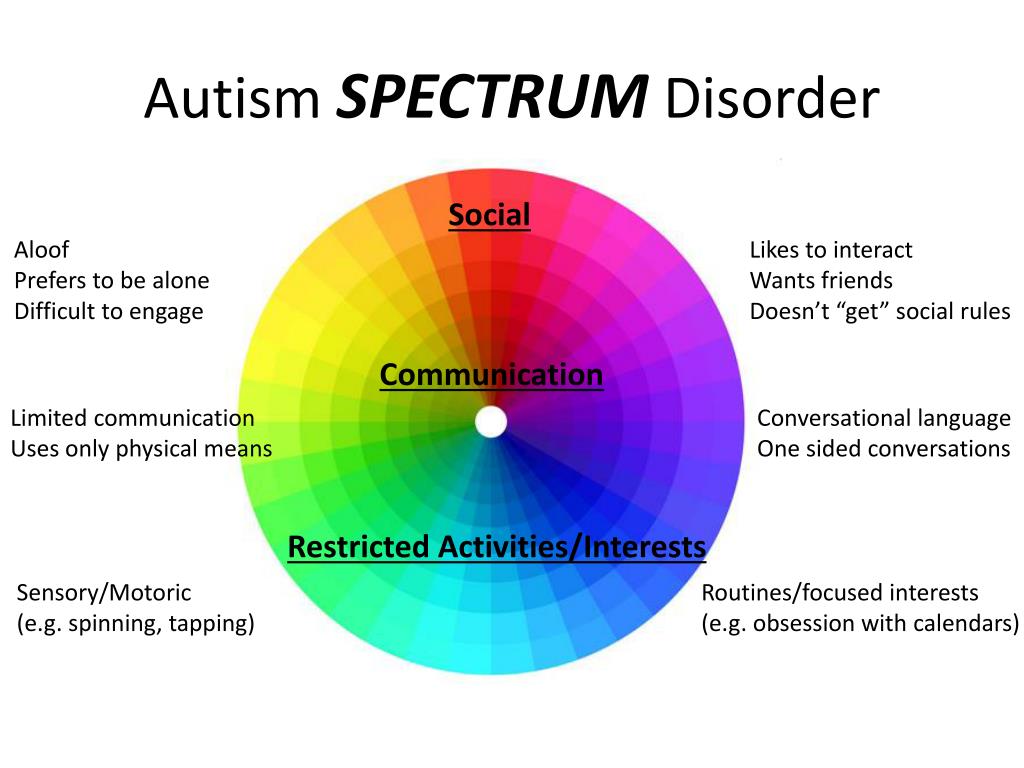 Shows no affection: YesSometimesNo Shows no affection: YesSometimesNo | 8. Doesn't greet parents: YesSometimesNo |
| 9. Avoids contact with others: YesSometimesNo | 10. No simulation: YesSometimesNo |
| 11. Dislikes touching/hugs: YesSometimesNo | 12. Not divided, no pointing gesture: YesSometimesNo |
| 13. Does not wave goodbye: YesSometimesNo | 14. Naughty/Naughty: YesSometimesNo |
| 15. Has fits of anger, irritability: YesSometimesNo | 16. Lack of friends/no company: YesSometimesNo |
| 17. Rarely smiles: YesSometimesNo | 18. Doesn't understand other people's feelings: YesSometimesNo |
| 19. Indifferent if sympathy is expressed to him: YesSometimesNo | 20. Does not respond to parental care: YesSometimesNo |
III. Sensory/Cognitive Skills
1.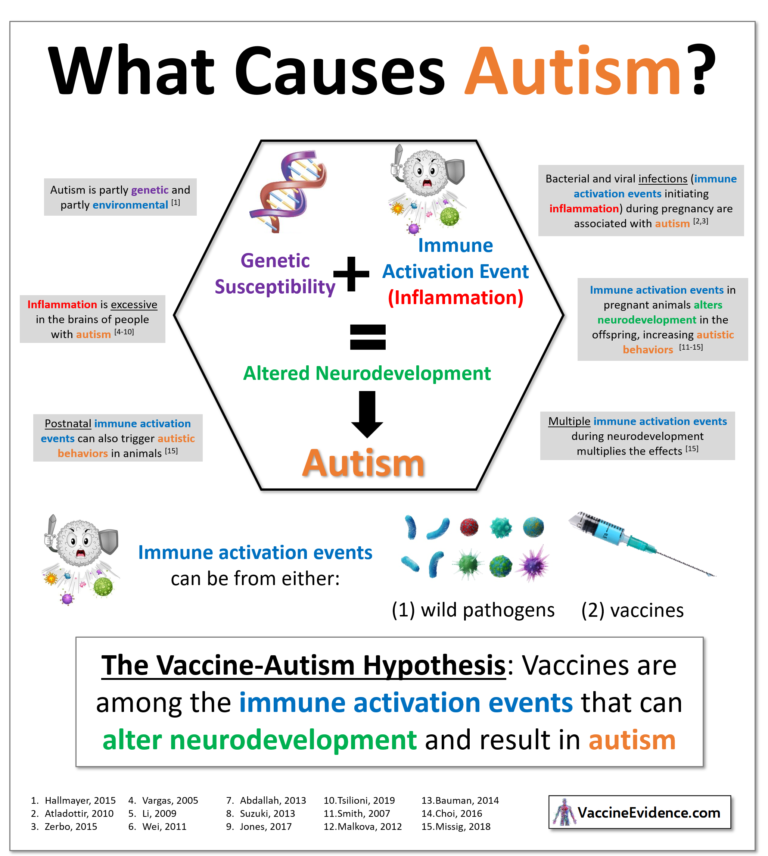 Responds to own name: YesSometimesNo Responds to own name: YesSometimesNo | 2. Responds to praise: YesSometimesNo |
| 3. Looks at people and animals: YesSometimesNo | 4. Looks at pictures (and TV): YesSometimesNo |
| 5. Can draw, paint, craft: YesSometimesNo | 6. Plays with toys correctly: YesSometimesNo |
| 7. Facial expression appropriate to the situation: YesSometimesNo | 8. Understands what is happening on the TV screen: YesSometimesNo |
| 9. Understands explanations: YesSometimesNo | 10. Is aware of the environment: YesSometimesNo |
| 11. Recognizes danger: YesSometimesNo | 12. Shows imagination: YesSometimesNo |
| 13. Shows initiative: YesSometimesNo | 14. Knows how to dress himself: YesSometimesNo |
| 15. Shows curiosity, interest: YesSometimesNo | 16. Courageous - explores surroundings: YesSometimesNo |
17. Adequately perceives the environment, does not withdraw into himself: YesSometimesNo Adequately perceives the environment, does not withdraw into himself: YesSometimesNo | 18. Looks where others are looking: YesSometimesNo |
IV. Health / Growth / Behavior
| 1. Bedwetting: Not a problem Mild problem Medium problem Serious problem | 2. Peeing in pants/diapers: No problem Mild problem Medium problem Serious problem |
| 3. Pooping in pants/diapers: No problem Mild problem Medium problem Serious problem | 4. Diarrhea: Not a problem Mild problem Medium problem Serious problem |
| 5. Constipation: Not a problem Mild problem Medium problem Serious problem | 6. Sleep problems: Not a problem Mild problem Medium problem Serious problem |
| 7. Eating too much/too little: Not a problem Mild problem Medium problem Serious problem | 8. Eats a very limited set of foods: No problem Mild problem Medium problem Serious problem |
9.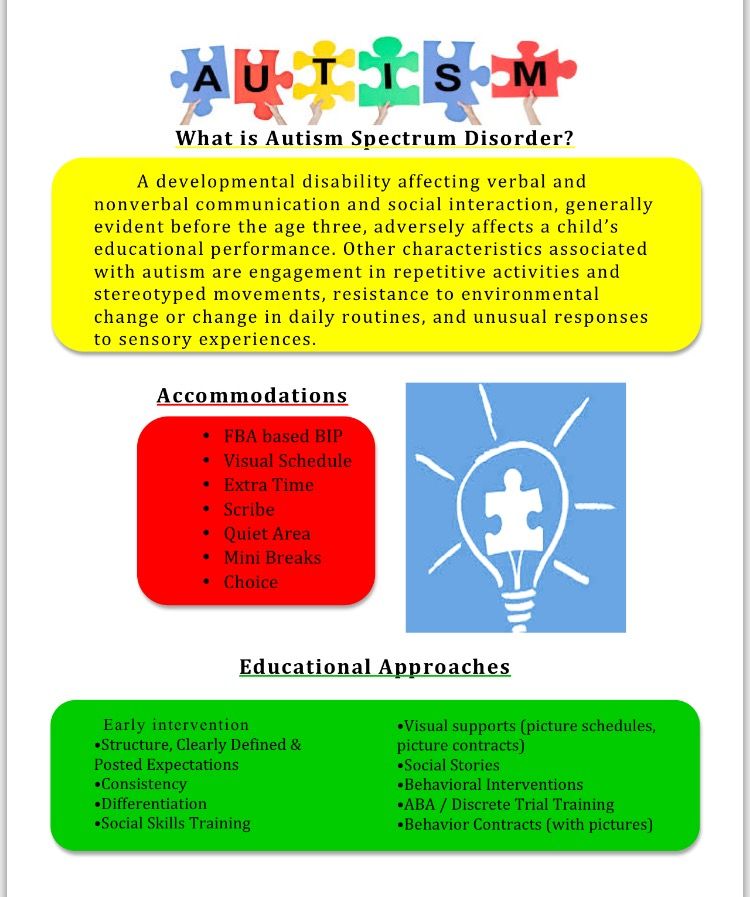 Hyperactivity: Not a problem Mild problem Medium problem Serious problem Hyperactivity: Not a problem Mild problem Medium problem Serious problem | 10. Apathy: No problem Mild problem Medium problem Serious problem |
| 11. Hits or injures himself: No problem Minor problem Medium problem Serious problem | 12. Hitting or injuring others: No problem Minor problem Medium problem Serious problem |
| 13. Breaks and throws everything around: No problem Minor problem Medium problem Serious problem | 14. Sound Sensitivity: No Problem Mild Problem Moderate Problem Serious Problem |
| 15. Anxiety/fear: Not a problem Mild problem Medium problem Serious problem | 16. Depression/tears: No problem Mild problem Medium problem Serious problem |
| 17. Seizures: No problem Mild problem Medium problem Serious problem | 18. Obsessive Speech: Not a Problem Mild Problem Medium Problem Serious Problem |
| 19. Same procedure: No problem Mild problem Medium problem Serious problem | 20.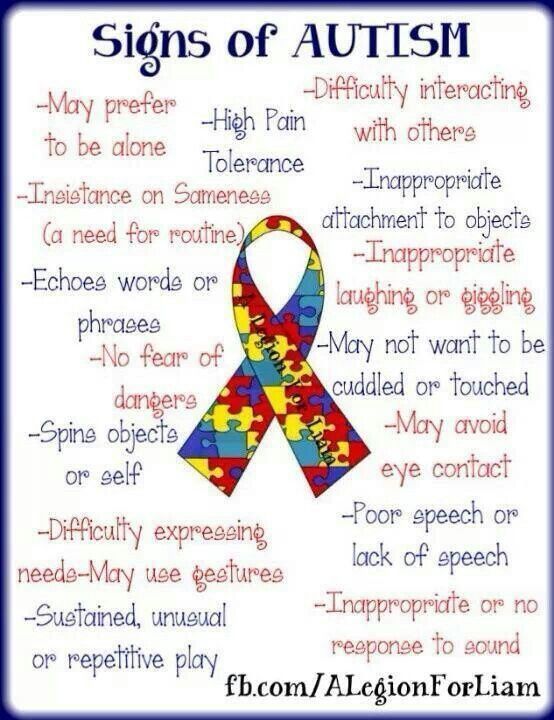 Screams and Shouts: No Problem Minor Problem Medium Problem Serious Problem Screams and Shouts: No Problem Minor Problem Medium Problem Serious Problem |
| 21. Need for uniformity: Not a problem Mild problem Medium problem Serious problem | 22. Persistent agitation: No problem Mild problem Medium problem Serious problem |
| 23. Insensitivity to pain: No problem Mild problem Medium problem Serious problem | 24. Concentration on certain subjects/topics: Not a problem Mild problem Medium problem Serious problem |
| 25. Repetitive movements: Not a problem Mild problem Medium problem Serious problem |
Outcome scale:
- 10-15 non autistic child, completely normal, well developed child
- 16-30 non-autistic child, slight developmental delay
- 31-40 mild or moderate autism
- 41-60 moderate autism
- 61 and above severe autism
The ATEC test is not a diagnostic test, but serves to evaluate progress.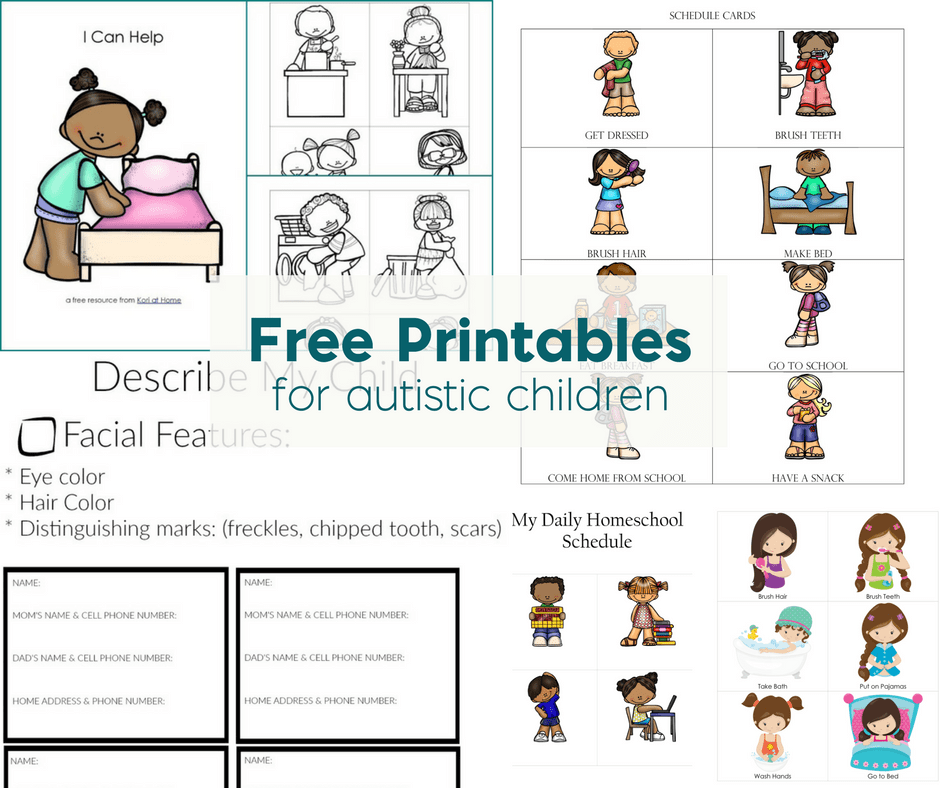 The test is not intended to confirm the presence of autism, for an accurate diagnosis, you must contact a specialist.
The test is not intended to confirm the presence of autism, for an accurate diagnosis, you must contact a specialist.
Autism Test and Predisposition
Autism is often thought of as purely childhood, acquired, or temporary. However, it is not. Unfortunately, the nature of the disorder is not fully understood, therefore it is impossible to completely cure patients with such a diagnosis using known methods. Symptoms persist even into adulthood and may only improve. If the autistic person does not receive therapy, the prognosis is even worse. A test for autism will show a predisposition to this and similar deviations and give a couple of tips on this.
1. Can you have a long conversation on a light general topic?
Yes, no problem.
In general, yes, but I don't like long empty talk.
When how. It happens that I cope well with this, but sometimes even simple long conversations are unusually difficult for me.
No, even simple topics of discussion cause me almost panic, I avoid them in any way.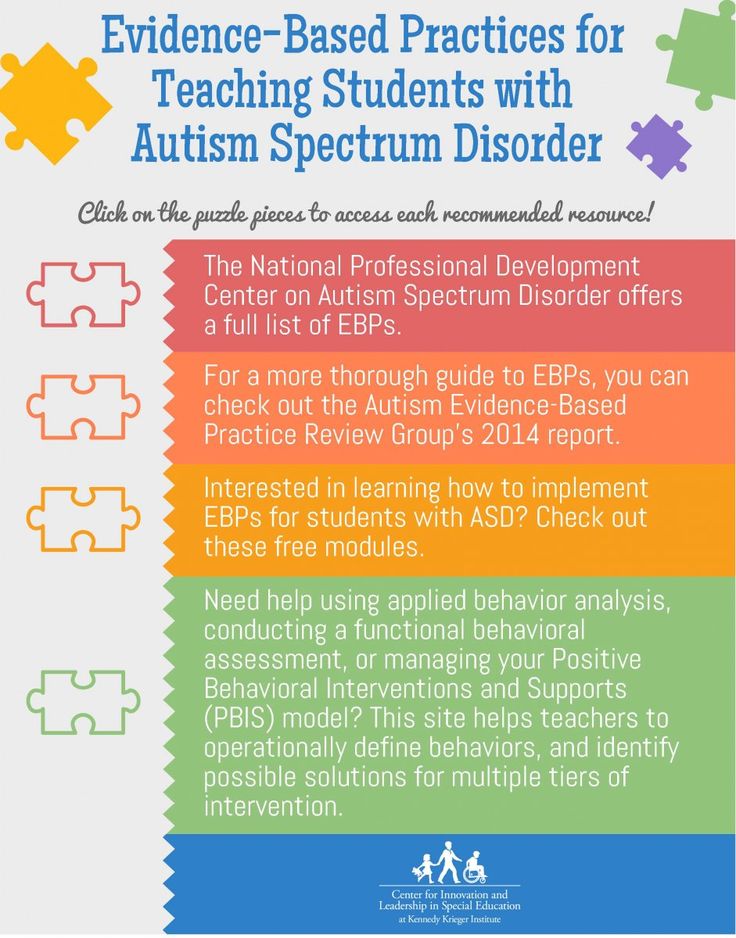
2. How well can you recognize other people's facial features and emotions?
Very good.
When how.
It's hard enough for me to do this.
I can't recognize other people's emotions and can't remember faces.
3. How easily can you maintain eye contact with the other person?
Easy enough.
If the interlocutor is pleasant, I can look into his eyes for a long time. However, with strangers, not everything is so easy.
It is very difficult for me to do this, I have to put in a lot of effort.
I can't look other people in the eye at all.
4. Why do you want to move away from the outside world, isolate yourself from people?
I don't want to do this at all.
I often want to do this after stressful situations, so I deal with them better.
Solitude is an integral part of me. It is difficult for me to return to normal activities after periods of seclusion.
I am afraid of people, talking to them, unexpected noises, haste, fuss.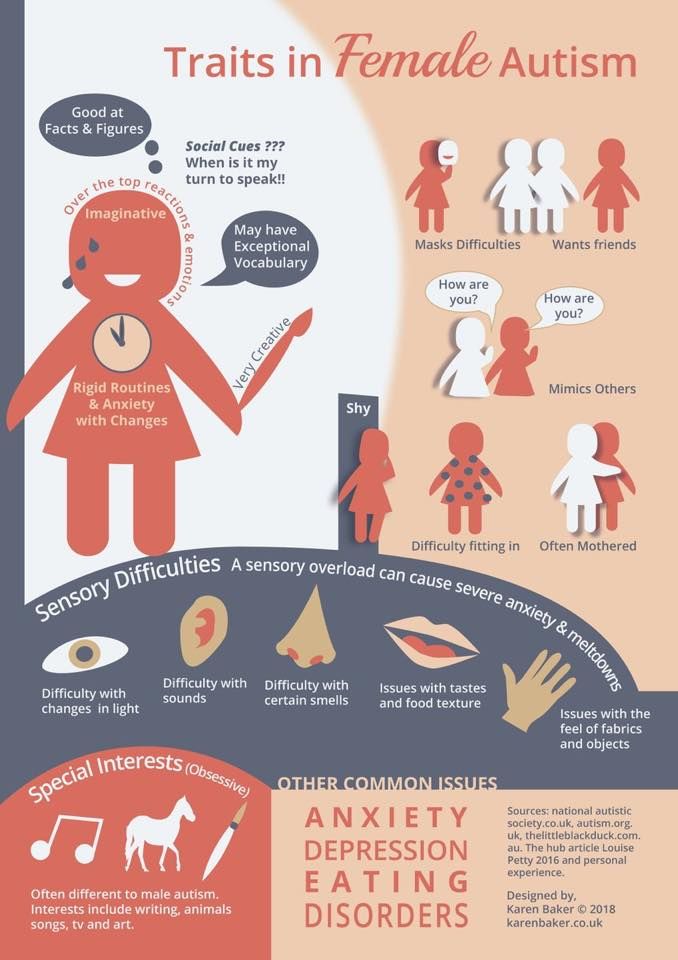
5. Do you currently live with your parents?
No, I live alone or with a partner.
Yes, I'm under 25.
Yes, I'm 25-30.
Yes, I'm over 30, or I'm just afraid of living apart from my parents.
6. Do you have any activities that you feel you need to repeat regularly to stay calm?
No.
Only in stressful situations.
There are such actions, but with effort I can force myself to stop them.
Yes. I can not refuse these actions for a long time and do them every day several times.
7. Do you have many or varied interests?
Yes, I have many hobbies and they are not alike (reading and dancing or needlework and volunteering, for example).
I don't have many interests, but they are more or less varied.
I have few interests, and they are not related to communication. Sometimes I want to expand their circle, but something seems to interfere with me.
I only have 1-3 hobbies that are completely unrelated to communication, and they are very limited in variety.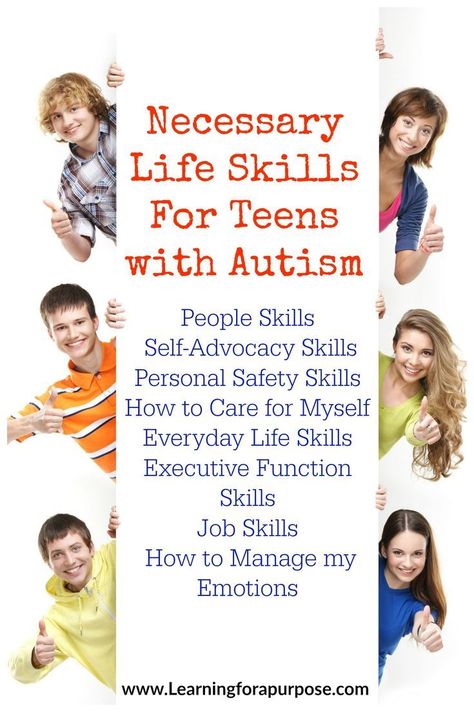 It's hard for me to try new things.
It's hard for me to try new things.
8. Are you attentive to non-essential details or inanimate objects?
No, I don't get hung up on anything at all.
Only in matters that are really important to me.
Yes, I often get hung up on unnecessary trifles and I can't overcome it.
Yes, but only to a few specific details and one or two items. For everything else, I don’t react at all and I can’t concentrate.
9. Do you have uncontrollable outbursts of anger if your plans are violated or things don't work out for you?
No, I have very good control over my emotions.
I can get so angry or hysterical if I had a busy day.
This happens, I find it difficult to suppress these outbreaks.
Aggression occurs every time something goes wrong.
10. Did you have a speech delay as a child?
No, I spoke in time or even earlier.
I don't know for sure.
I often babbled, but then I started to do it less often, and I learned/learned to talk later than other children.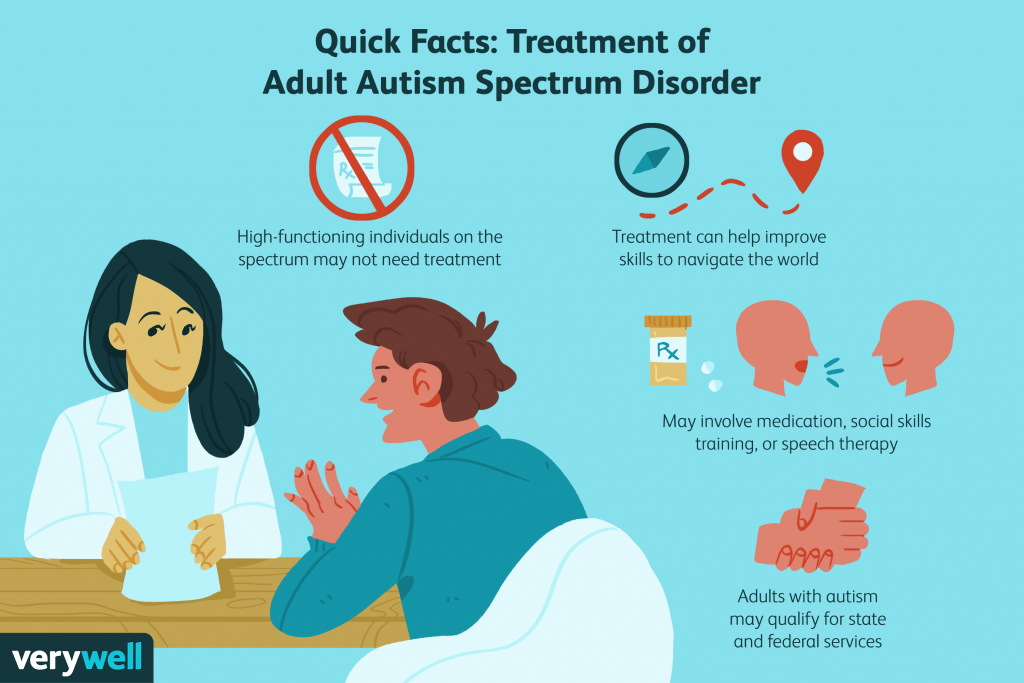
I spoke much later than my peers.
11. How well do you express your emotions in front of others?
I always show my emotions openly.
I show my emotions openly only when I am around those closest to me.
I find it difficult to show my emotions, so I avoid it.
I can hardly express or control my emotions.
12. Do your days and your schedule look very similar to each other?
No, I have a very varied life.
It happens in different ways - sometimes stagnation, sometimes changes.
Yes, it's hard for me to include something new in my schedule.
They are almost identical and even the smallest changes scare me.
13. Do you have a job or did you have one in the past?
Yes, I have a job that involves at least some contact with other people. Or I'm still a student/actively looking for a job.
Yes, but my job doesn't involve much interaction with people.
I had/have a remote job.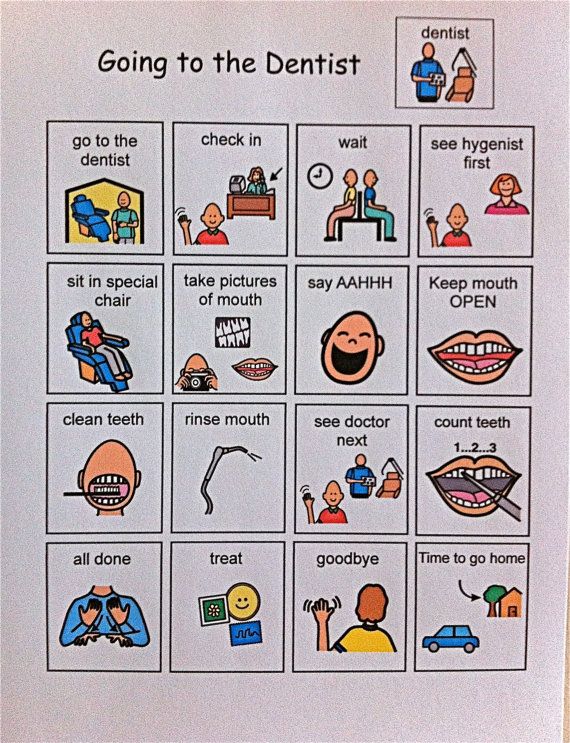 Or it is a part-time job with minimal social contact. I chose her because I find it difficult to interact with other people.
Or it is a part-time job with minimal social contact. I chose her because I find it difficult to interact with other people.
No, I've never had a job and I'm over 27.
14. How often and how willingly do you communicate with people outside your family circle?
Quite often, I am a very sociable person.
Not very often, but simply because I don't want to.
Rarely, I find it difficult to make friends and communicate with strangers.
Never, I avoid any acquaintances and communication outside the home.
15. How well do you understand other people's body language - their gestures, postures, facial expressions (provided that they do not play and do not restrain the expression of their emotions)?
Yes, I literally read people by their body language.
Depends on the person and the degree of his emotional expression.
I don't understand body language well, I often make mistakes in its analysis.
I don't understand body language and have absolutely no idea how other people feel.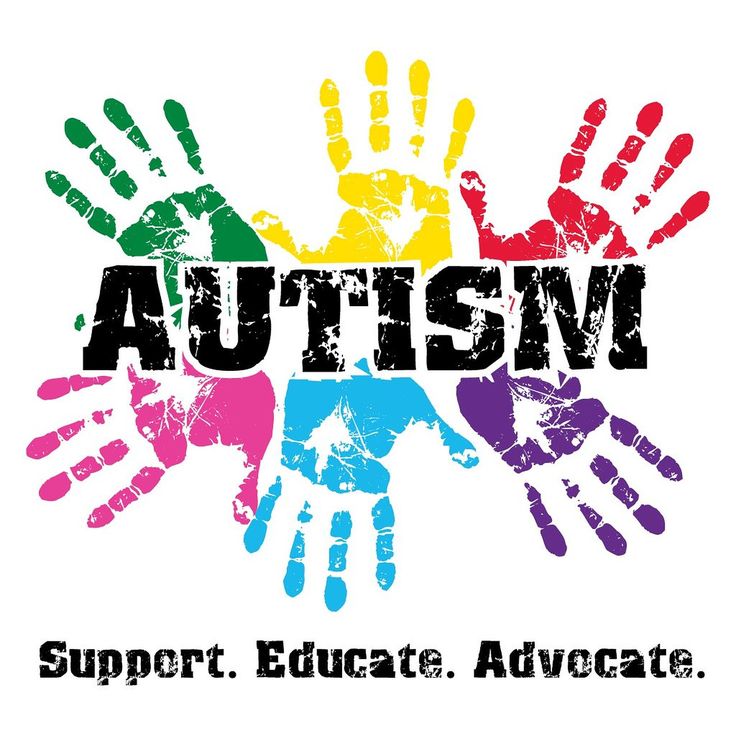
16. Do you find it difficult to take part in activities that require active imagination and imagery?
No, I have a very good imagination.
Depends on the type and topic of the task.
Yes, I have a poor imagination.
I absolutely cannot do things that require imagery.
17. What is your IQ level?
Over 70.
I don't know for sure.
70 or less.
Less than 50.
18. Have you ever had a situation where you almost unconsciously immediately repeated the phrases of people who spoke to you?
No, that certainly didn't happen.
I don't remember it.
There were several times.
It was often, especially in childhood.
19. Do you have problems with social adaptation? When did they start?
I have no such problems at all.
I have a slight anxiety when I get into unfamiliar situations, but it does not really interfere with my life. It appeared more in adulthood.
I have tangible problems with being around people, whether they started in adolescence or later.